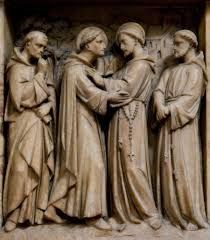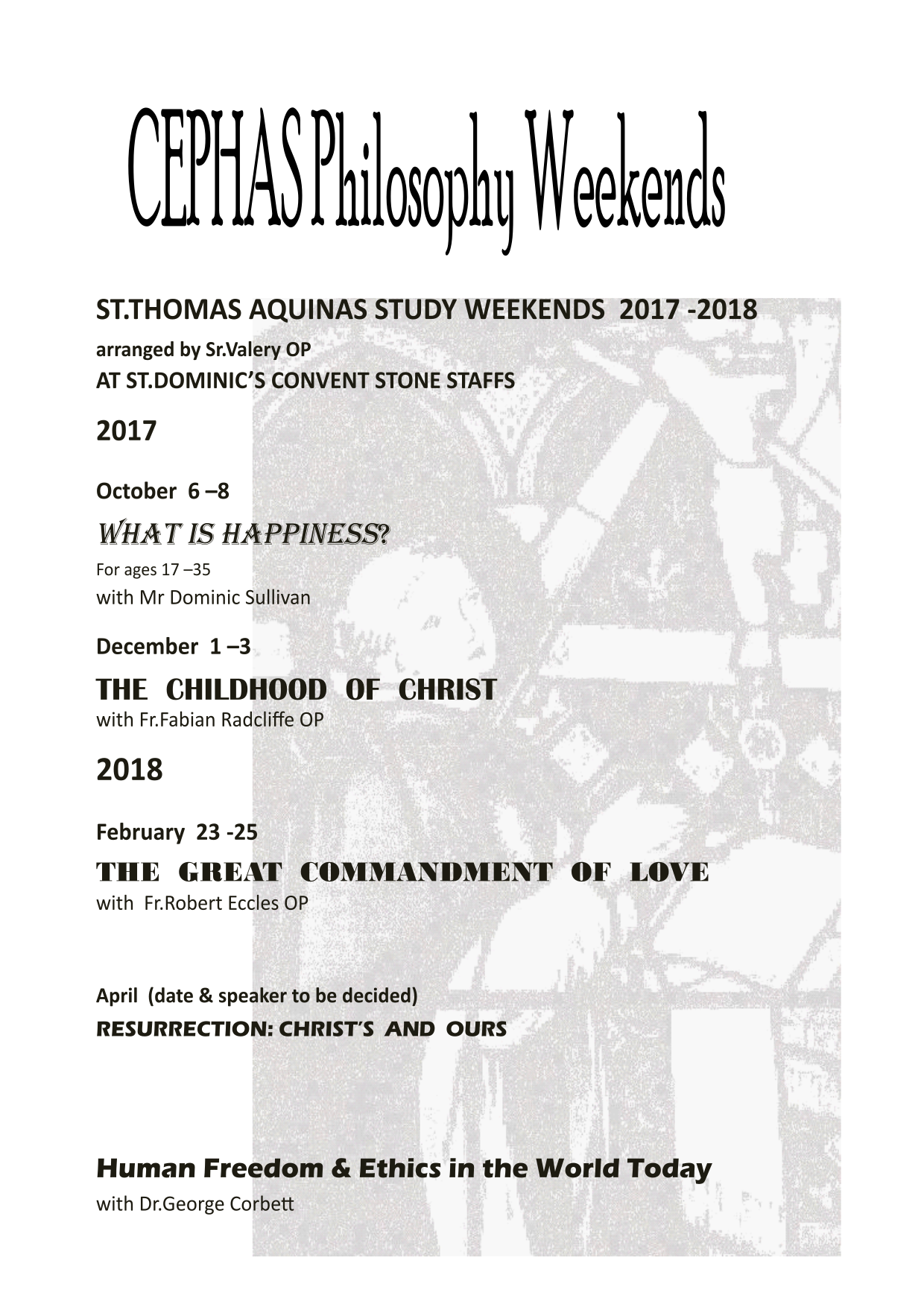Penance as Prayer
A talk given for a ‘teams of Our Lady’ retreat by Sr Tamsin Mary Geach

When we were discussing themes for this year’s retreat and day of recollection two ideas emerged – the theme of prayer and the theme of confession. As I was reflecting on what I could say I thought that I could talk about both – that perhaps to see the sacrament as a way of prayer would shed light on the whole theme of confession, and to talk about confession as prayer would shed light on the idea of prayer.
Start then with prayer: Prayer is the lifting up of the heart and mind to God. There are traditionally four main strands in prayer – petition, adoration, contrition and thanksgiving. Conveniently for remembering this there is the acronym ‘PACT.’ So in the confession of sins all these elements should be present, although maybe not quite in that order. Firstly, we may find in our life of prayer some sense of blockage, woundedness, a sense of being called to a conversion we are not ready to make.

